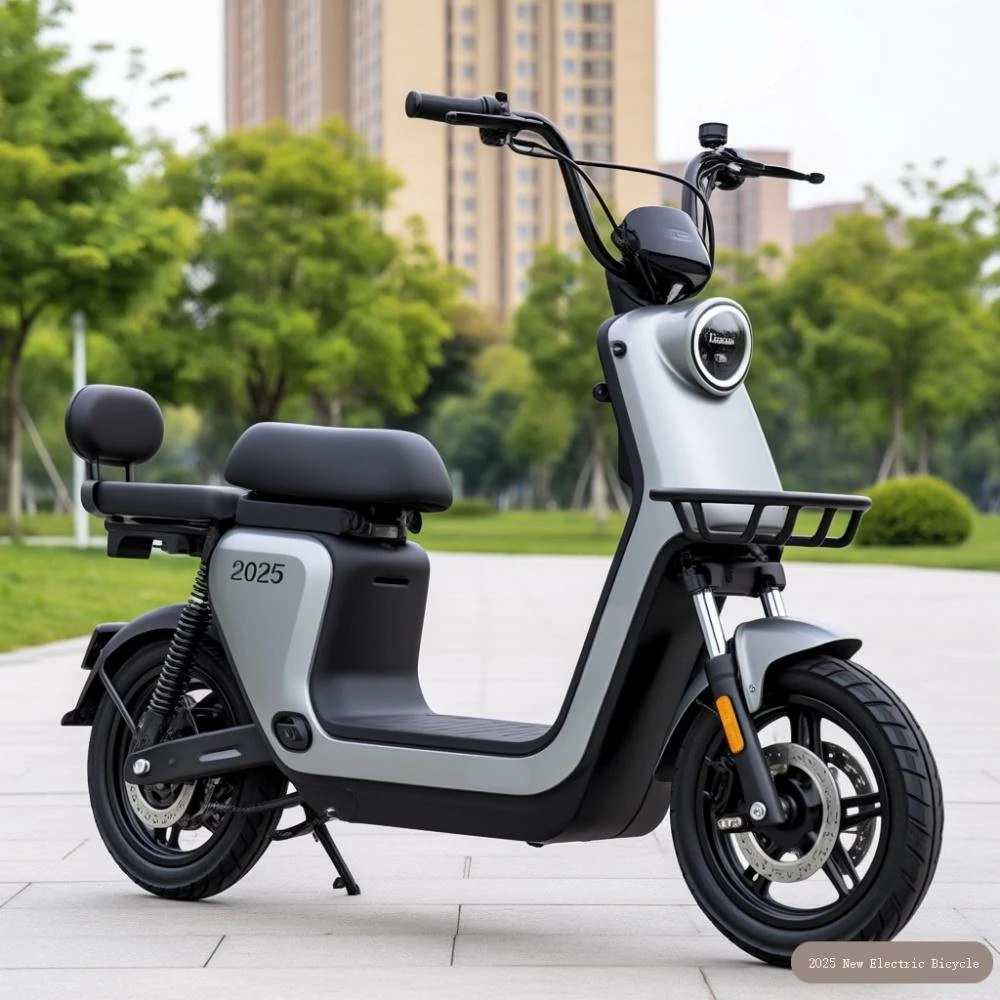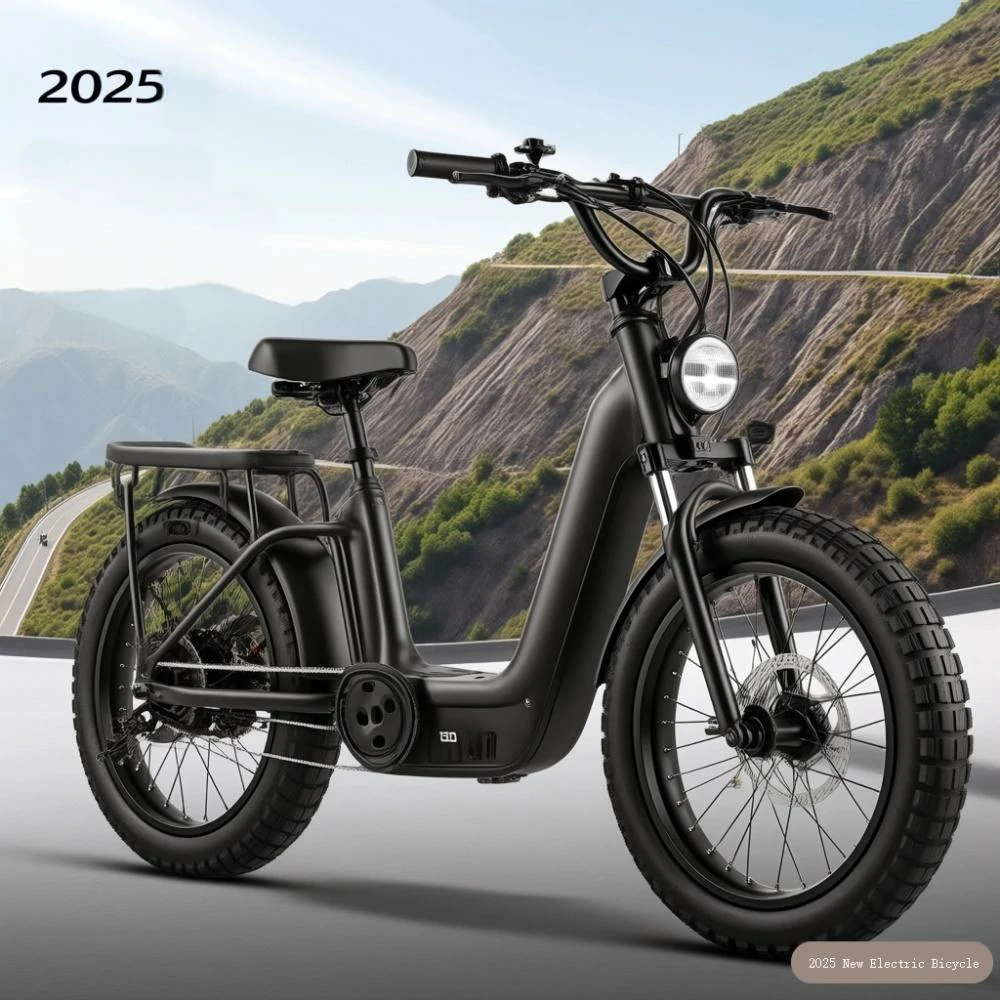Mexico's relevant laws and regulations on electric bicycles
2025-07-11
Mexico's laws and regulations on electric bicycles mainly focus on vague classification, technical standards, safety certification, import supervision, local proposals, etc. The specific contents are as follows:
1、 Fuzzy classification and technical standards
Mexico classifies electric bicycles as "pedal assisted devices", but the relevant technical standards are not clearly defined, resulting in prominent compliance risks:
- Speed and power conflict: Electric bicycles produced by Chinese electric vehicle companies according to EU or Chinese standards (such as a speed limit of 25 kilometers per hour and a motor power of 250W) may violate compliance red lines in Mexico.
Battery safety hazards: About 30% of imported electric bicycles have battery safety hazards, such as separating the battery from the vehicle body for customs clearance, reducing speed to avoid supervision, etc., which have become the focus of complaints from the Consumer Protection Bureau.


2、 Safety certification and import supervision
Mexico's safety certification and import supervision of electric bicycles are becoming stricter, mainly reflected in the following aspects:
- NOM certification: Importers need to submit NOM-001-SE-2025 certification documents 8 months in advance and add a battery thermal runaway protection test (requiring 80 ℃ for 2 hours).
- Seizure Action: In March 2025, Mexico City conducted a surprise inspection of two electric bike shops and seized 1200 electric bikes from China due to the merchants' inability to provide import tax invoices and NOM certification documents.
- Tax loss: The electric bicycle industry caused a tax loss of $205 million in 2024, accounting for 25% of Mexico's annual customs tax shortfall.
3、 Local proposals and road rights restrictions
Local governments such as Mexico City have proposed stricter management of electric bicycles
- Prohibition of bicycle lanes: Mayor Clara Brugada has submitted a proposal to classify electric vehicles as "motor vehicles" and prohibit their use of bicycle lanes, with violators facing the same fines as motorcycle drivers.
- Source control: The Ministry of Economic Development will establish a seller registration system to track the source and quality of vehicles.
- Redefine of identity: Upgrade from "non motor vehicle" to "electric propulsion vehicle" and include it in traffic regulation.
4、 Protection of local industries and trade barriers
Mexico protects its domestic industries through policy subsidies and trade barriers, while responding to pressure from the United States:
- Industrial chain autonomy policy: Mexican President Simbaum has introduced a $230 million domestic R&D subsidy and restricted foreign ownership in order to change the competitive landscape.
- Anti dumping investigation: In August 2025, the Mexican Ministry of Economy launched an anti-dumping investigation on adult bicycles (wheel diameter greater than 20 inches) originating in China, but explicitly excluded electric bicycles, reflecting the interest game between traditional manufacturing and emerging industries.
- USMCA Agreement Pressure: After the United States imposed 100% tariffs on Chinese electric vehicles, Mexico became a potential "bypass entry" springboard into the United States. In 2024, Mexico's exports of electric vehicles to the United States surged by 40%, forcing the US government to pressure Mexico through the USMCA agreement.
5、 Compliance advice and industry response
Faced with the complex regulatory environment in Mexico, Chinese electric vehicle companies need to take the following measures:
- Proactively adapting to compliance requirements: For example, BYD has established a compliance center in Mexico and recalled 50000 electric bicycles for battery module upgrades; Longxin General Motors has achieved a localization rate of 40% to avoid confiscation.
- Pay attention to policy updates: The Mexican government may further adjust import tax policies in the future, and cross-border sellers should pay attention to policy changes from the Mexican Tax Agency (SAT) and the Ministry of Economy (SE).
- Localization of Technology: The prerequisite for Tesla's Mexico factory to obtain land discounts is to purchase 50% local components, while Chinese companies' R&D investment in Mexico only accounts for 2% of revenue, far lower than the 8% of Japanese and Korean companies. Localization of technology has become a life and death necessity.
